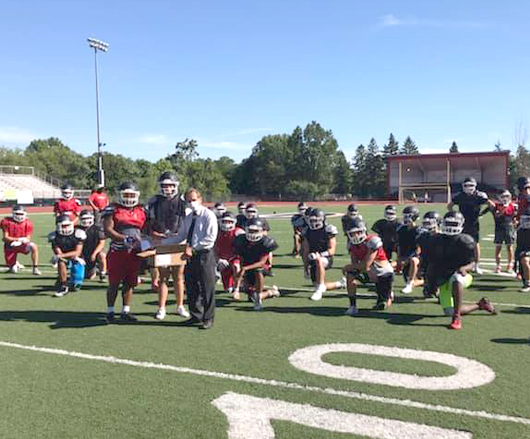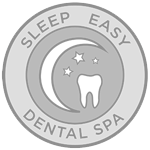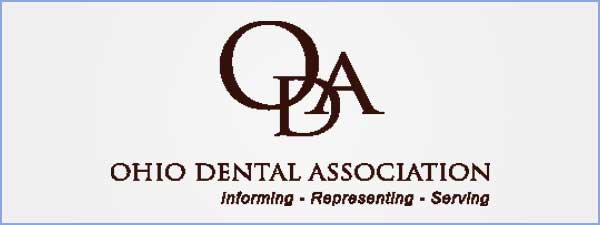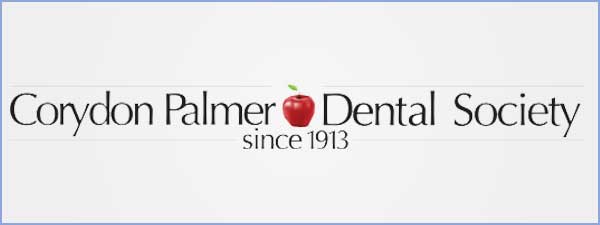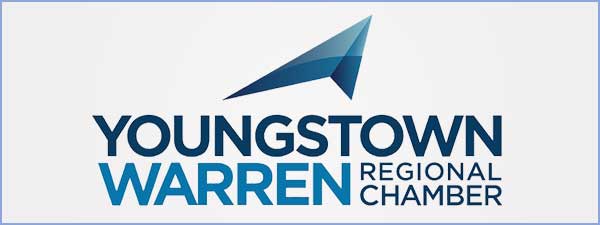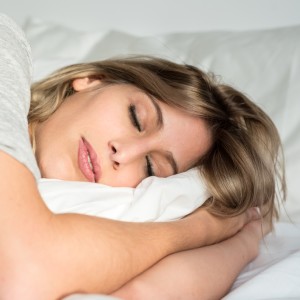
You might think your body rests peacefully when you sleep, but for many, the night is a battle for every breath. Sleep apnea — a condition where breathing repeatedly stops and starts during sleep — can silently disrupt your rest and your health. While daytime symptoms like fatigue or headaches are easier to notice, it’s the late-night warning signs that often reveal the earliest clues that something is wrong.
If you or your loved one has been struggling with poor-quality sleep, recognizing these nighttime signals can help you get timely help. Early detection can prevent serious health complications and restore your energy, focus, and overall well-being.
7 Essential Warning Signs of Sleep Apnea to Keep in Mind
Let’s explore seven key late-night warning signs of sleep apnea that you should watch out for.
-
Loud, Persistent Snoring
Occasional snoring might be harmless, but loud, chronic snoring is one of the most common red flags. It occurs when your airway narrows, causing vibrations as air struggles to pass through. In many cases, the snoring is so intense that it can disturb both you and your sleeping partner. If snoring is accompanied by pauses in breathing or choking sounds, it’s time to schedule an evaluation for possible signs of sleep apnea in Niles.
-
Gasping or Choking During Sleep
Have you ever woken up suddenly, gasping for air as if you were choking? This frightening experience often happens because your airway collapses while you’re asleep, briefly cutting off your oxygen. These episodes can occur multiple times throughout the night without you realizing it. If your partner notices these sudden awakenings, don’t ignore them — they’re one of the clearest indicators that you might have sleep apnea.
-
Frequent Nighttime Awakenings
People with sleep apnea often wake up several times during the night without understanding why. The body briefly wakes itself up to reopen the airway and restore normal breathing. While these micro-awakenings might not fully rouse you, they prevent you from entering deep, restorative sleep. Over time, this leads to persistent exhaustion, irritability, and difficulty concentrating during the day — issues commonly treated through sleep medicine in Youngstown and nearby communities.
-
Restless or Fragmented Sleep
If your bed looks like a storm has passed through by morning, restless sleep could be a clue. Constant tossing and turning is your body’s instinctive attempt to find a position that keeps your airway open. Over time, this pattern creates a cycle of disrupted sleep that leaves you feeling drained and unrefreshed even after a full night in bed.
-
Nighttime Sweating
Excessive sweating while sleeping isn’t just due to temperature. For those with sleep apnea, every episode of breathing interruption triggers a stress response that raises your heart rate and blood pressure. The result? You wake up drenched in sweat even in a cool room. Persistent night sweats combined with snoring or gasping should prompt a conversation with your healthcare provider or a specialist at a sleep center in Austintown.
-
Morning Dry Mouth or Sore Throat
Breathing through your mouth throughout the night — often a side effect of blocked nasal passages or airway obstruction — can leave you waking up with a dry mouth or sore throat. This seemingly minor discomfort can actually be a strong indicator of disrupted airflow during sleep. Treating the underlying cause can not only improve your rest but also protect your oral health.
-
Unexplained Morning Headaches
If you frequently wake up with headaches, low oxygen levels during sleep might be to blame. Repeated breathing interruptions cause fluctuations in oxygen and carbon dioxide levels in your blood, leading to headaches upon waking. This symptom, especially when paired with fatigue and poor concentration, often points toward an undiagnosed sleep disorder like sleep apnea.
Taking the Next Step Toward Better Sleep
Recognizing these warning signs is the first step toward reclaiming restful nights. Fortunately, modern dental and medical solutions make it easier than ever to manage sleep apnea effectively. Advanced options like oral appliances — such as a customized oral airway in Hudson — can help keep your airway open comfortably throughout the night, offering an alternative to bulky machines.
Conclusion:
Your body speaks volumes while you sleep — all you need to do is listen. If any of these symptoms sound familiar, don’t wait to seek help. Sleep apnea doesn’t just affect your rest; it impacts your heart, brain, and overall quality of life. By addressing the signs of sleep apnea early with trusted specialists in nearby areas, you can restore peaceful, uninterrupted sleep and wake up ready to take on each new day. Call us now at (330) 759-4550!

